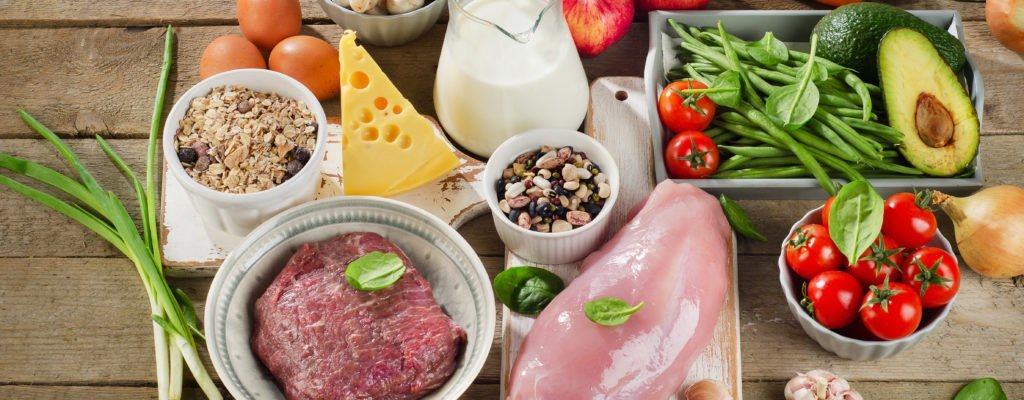
Are you breastfeeding and tired of having to abstain from a lot of things even after giving birth? Fortunately, the protein, sugar, and fat content of breast milk does not depend directly on what you consume. Therefore, you can still set up the menu with your favorite foods rich in nutrition for moms.
How much energy is needed for mom for each day?
Every day, she needs more than 500 calories to make milk, the same as running nearly 5 km. Along with your doctor's advice on how much weight to take after giving birth, you should also eat more than you need. You even need to provide your body with 500 more calories every day than it did before you became pregnant.
What should you eat while breastfeeding?
You do not need to eat any special foods while breastfeeding. Just eat a balanced diet that includes the following foods:
Starchy foods like bread and rice, for extra fiber, choose whole grains;
Foods rich in vitamins and minerals such as vegetables and fruits;
Protein-rich foods such as meat, eggs ...;
Some low-fat foods like yogurt or milk;
Protein is important for mothers. Foods like salmon and tuna provide you with omega-3s , which are nutrients your body needs. Besides, you need to pay attention to the amount of mercury and some other harmful substances in fish. It is best to eat about 2 meals of fish per week and choose fish low in mercury such as salmon and tilapia. You should not eat fish such as mackerel, tilefish ... These are foods with high mercury content.
Mom please say No to these dishes
You can eat almost anything you like while breastfeeding, but in moderate amounts. Food and drinks are not the deciding factor, but they can still pass into breast milk and affect your baby.
Cow's milk products if your child is allergic to cow's milk products. You should consult your doctor about stopping them for a week or so. You need to get calcium and vitamin D from another source.
Alcohol and alcoholic beverages. It is best to stop drinking alcohol like alcohol while you are breastfeeding. In case you can not refuse, you can drink and do not breastfeed until the alcohol is completely eliminated from the body.
Stimulating drinks. A cup or two of coffee, tea or soda will not affect your child. However, if you maintain this habit for a long time, you and your baby will easily become irritable, restless and sleepless. Large amounts of stimulants increase the risk of acid reflux and cause your baby to have colic.
Fish that are high in mercury. You should avoid eating mercury-rich fish such as shark, tilefish, mackerel, and tuna and should limit yourself to 180 grams of fish per week.
Fatty meat and milk. Pesticides and food protection chemicals are often stored in animal fats. So, you should consider consuming low-fat foods.
Foods containing additives. You can check by reading the information on the food label for all the additives contained in the food.
When you are breastfeeding, how much water should I drink?
After giving birth, you should drink 8 glasses of water a day to help your body recover better, especially the first few weeks after giving birth. When your body becomes dehydrated, this can affect the quality of your breast milk. A simple sign that a mother's body is lacking in water is darker colored urine. Not drinking enough fluids every day can increase your risk of urinary tract infections , constipation and fatigue. It is best for mothers to remember to provide adequate water every day for the body to work effectively!












